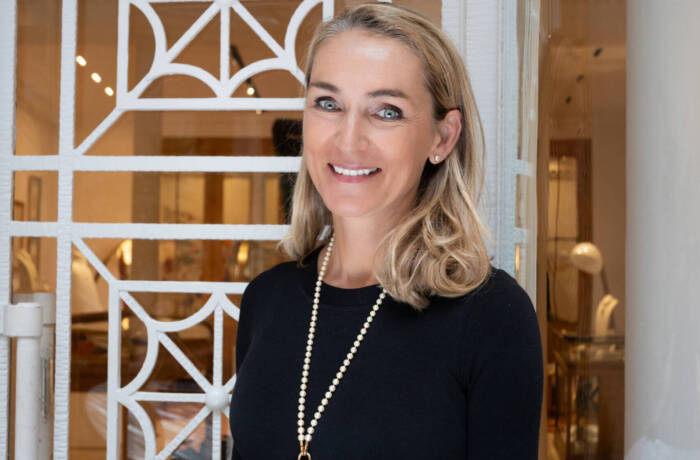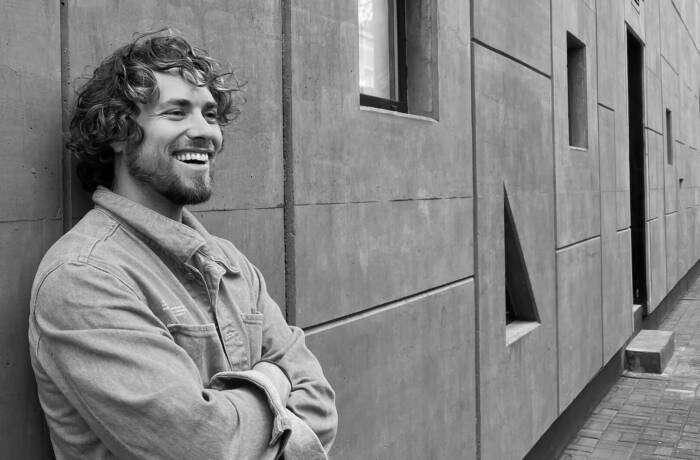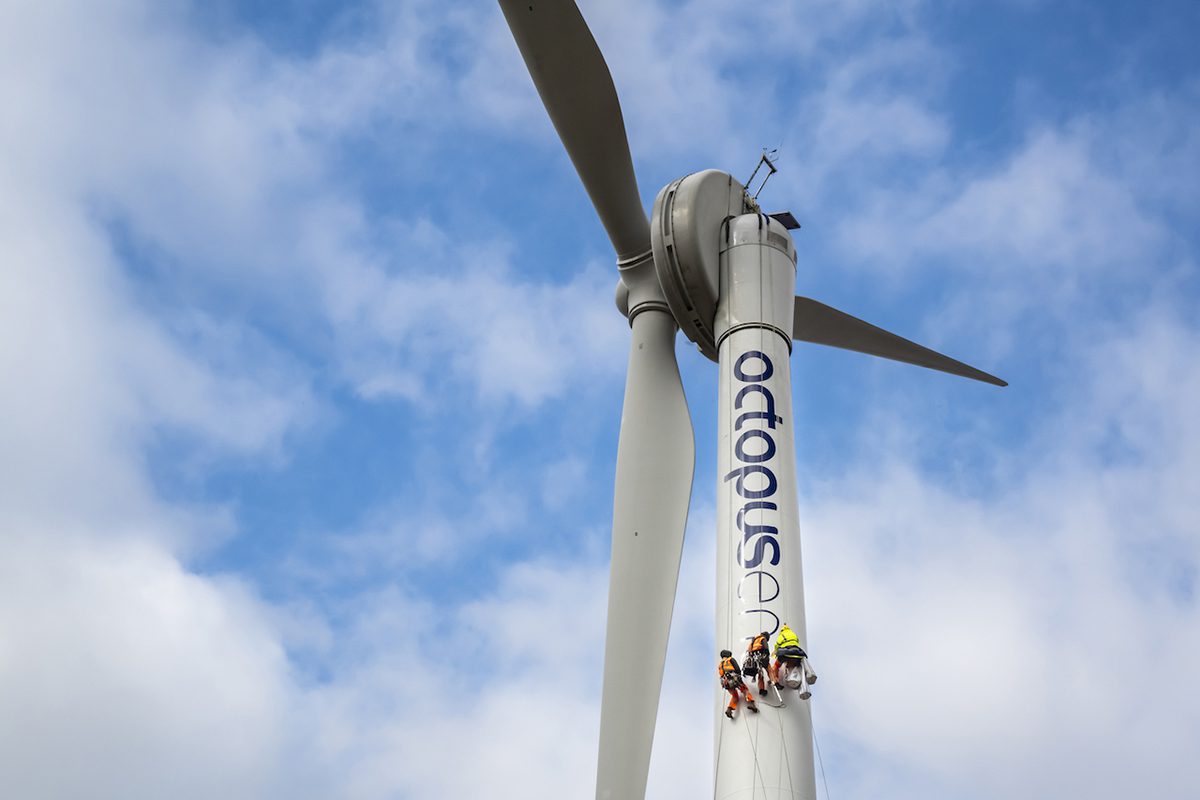
Octopus is one of the largest owners and managers of renewable energy assets in Europe
As the International Energy Agency warns that the worst of the energy crisis may be yet to come, governments around the world are stressing the importance of accelerating the move to renewable energy. We speak to Greg Jackson, CEO of Octopus Energy Group, the technology-to-investment energy platform, about the importance of government intervention in energy policy, the role of technology, and how a greener future could be nearer than we think
Greg Jackson founded Octopus Energy in 2015 with a view to using technology to make the green energy revolution faster and cheaper for consumers. Now worth approximately $5bn, the privately held company supplies renewable energy to three million households worldwide. It is also one of the largest owners and managers of renewable energy assets in Europe, with more than £4bn under management. Jackson credits the company’s success to what he calls the “en-tech” model whereby proprietary technology plays a leading role in the company’s value offering. Here, he speaks to Ella Johnson about why there can be no alternative to radically updating the power grid and large-scale investment in renewable energy.
LUX: How will Octopus innovate the energy sector in the long term?
Greg Jackson: Octopus’ long-term goal is to generate roughly as much as its users use, with Kraken, our proprietary technology platform, matching generation and consumption at any time and location to make the most efficient renewable energy company possible.
A decentralised workforce allows us to greatly increase the pace of innovation and learn from many people with many different perspectives. We are a cloud-native company and have had a very successful remote customer operations team for over four years now. This allowed us to ensure we had processes and communication platforms in place when lockdown hit, and it has been absolutely vital as we’ve grown internationally, building successful Octopus Energy hubs in several countries around the globe.
Follow LUX on Instagram: luxthemagazine
So far, we deliberately haven’t made a profit. Instead, we’ve focused on scaling the business, investing in new green technologies and making sure there is enough support available to our customers who are struggling. We are lucky to have investors that believe in our long-term goal and are absolutely committed to help us achieve this, so we don’t have to worry about short term profits to achieve our number one purpose, making green energy cheap energy around the world.
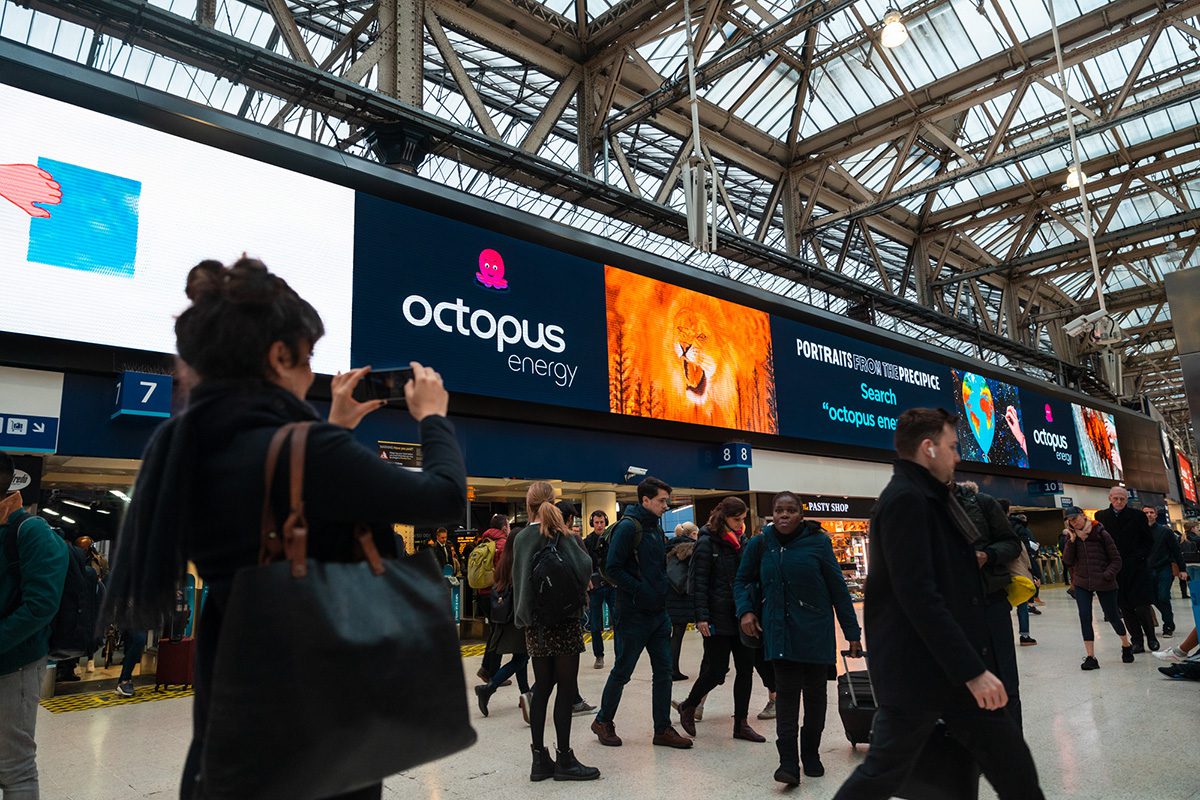
Octopus is working to digitalise the power grid through its proprietary Kraken technology
LUX: When did you realise the energy sector was ripe for a tech revolution?
GJ: I had built digital platforms for e-commerce and other sectors before to digitise and increase efficiency, and I quickly realised that applying the same technology to energy would greatly improve the way things are done in the sector.
LUX: What makes Octopus’ operating business model unique?
GJ: Our operating model is unique thanks to Kraken, our technology platform which we built from scratch. Where other suppliers rely on convoluted solutions for different functions, Kraken integrates them all into one giant robot, offering efficiency, better customer service and end-to-end management of the whole supply chain to allow us and our licensees to save costs, take better care of customers and drive the green energy revolution.
But we know we can’t drive change quickly enough if we’re on our own. So we’re licensing Kraken to other large energy companies across the globe who share our vision of a cleaner, better energy future, including E.ON, EDF and Origin Energy.
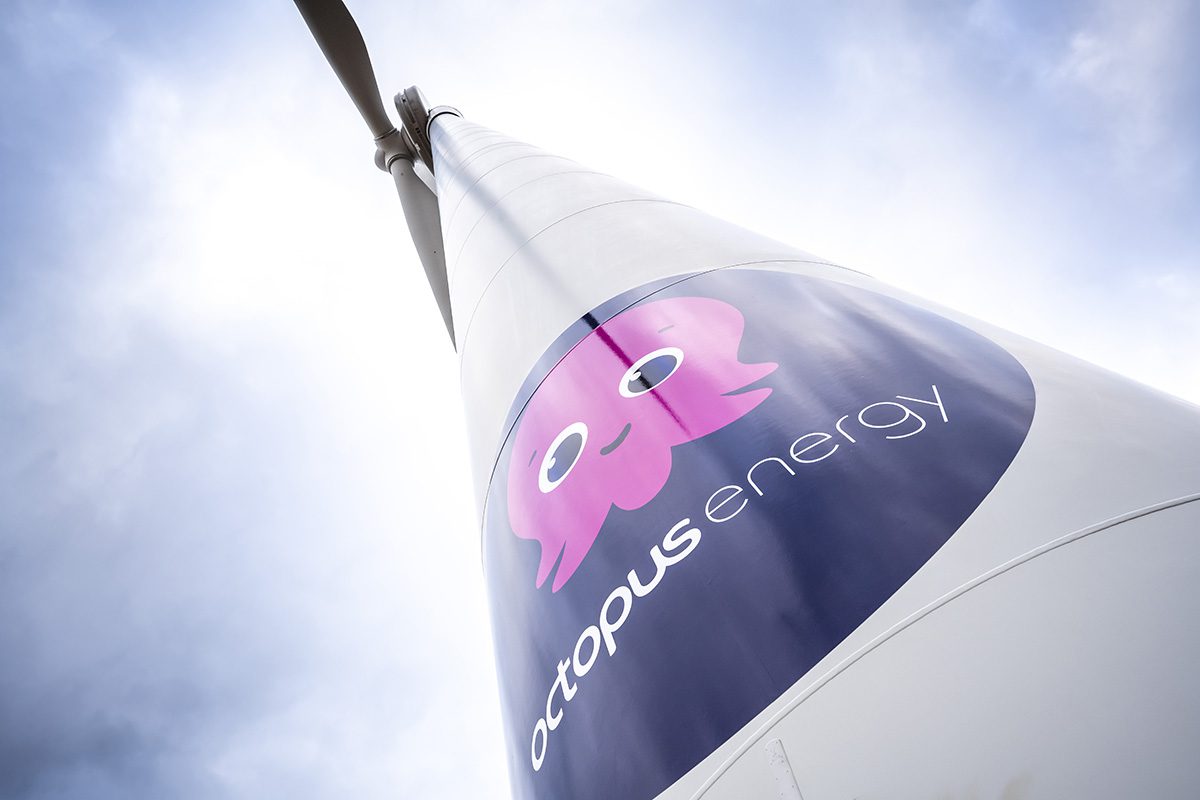
Octopus has licensed its Kraken technology to support over 20 million customer accounts worldwide
LUX: How must existing infrastructure be adapted to accelerate this shift?
GJ: We need to digitise the power grid so that we can use it more efficiently, cutting bills and making the most of green electrons when they are abundant. The current grid was built to manage a few hundred fossil fuel power plants. We need to make it fit for a decentralised energy world in which millions of electric cars, rooftop solar panels and home batteries will be connected to it, importing and exporting energy from the grid.
LUX: How does Octopus overcome the unreliability of wind and solar sources?
GJ: The key to unlocking a cheap green energy future is to build a digital system that is interconnected and flexible. The sun doesn’t always shine and the wind doesn’t always blow where we are – but they always do somewhere in the world.
Read more: Dimitri Zenghelis on Investing in the Green Transition
Working with other countries and layering different sources of green energy and ways of storing it (like batteries) will allow us to create a system in which we can make the most of solar and wind energy where they are abundant. For example, we invested in Xlinks, the company building the world’s largest subsea power cable. Once built, it will deliver 3.6 GW of green power from Morocco to the UK for an average of 20 hours a day – enough energy to power about 7 million homes. We need more large-scale renewables projects like this.

Renewable energy is the only way to increase our energy security and stop climate change, says Jackson
LUX: One of your tariffs provides carbon neutral gas. What do you say to those who argue carbon offsets are not a real substitute for climate action?
GJ: We have carbon offset our Super Green customers’ gas usage in a few different ways over the years: helping reforest and conserve vast areas of the Amazon, and working with our main offsetting partner, Renewable World, to bring innovative renewable energy technology to fuel-poor communities worldwide.
But while it has very worthwhile applications and can help a lot of people, carbon offsetting is only part of the puzzle in helping fight climate change. It cannot decarbonise the whole energy system and move us away from fossil fuels. For that we need more innovative technology to make energy greener and cheaper for everyone.
LUX: Is natural gas an adequate transition fuel?
GJ: In the short and mid-term, we still need natural gas as a backup energy source for renewables. But in the long term, we will have to wean ourselves off gas completely if we want to increase our energy security and stop climate change – and we can only do that if we go hell for leather for renewables now.
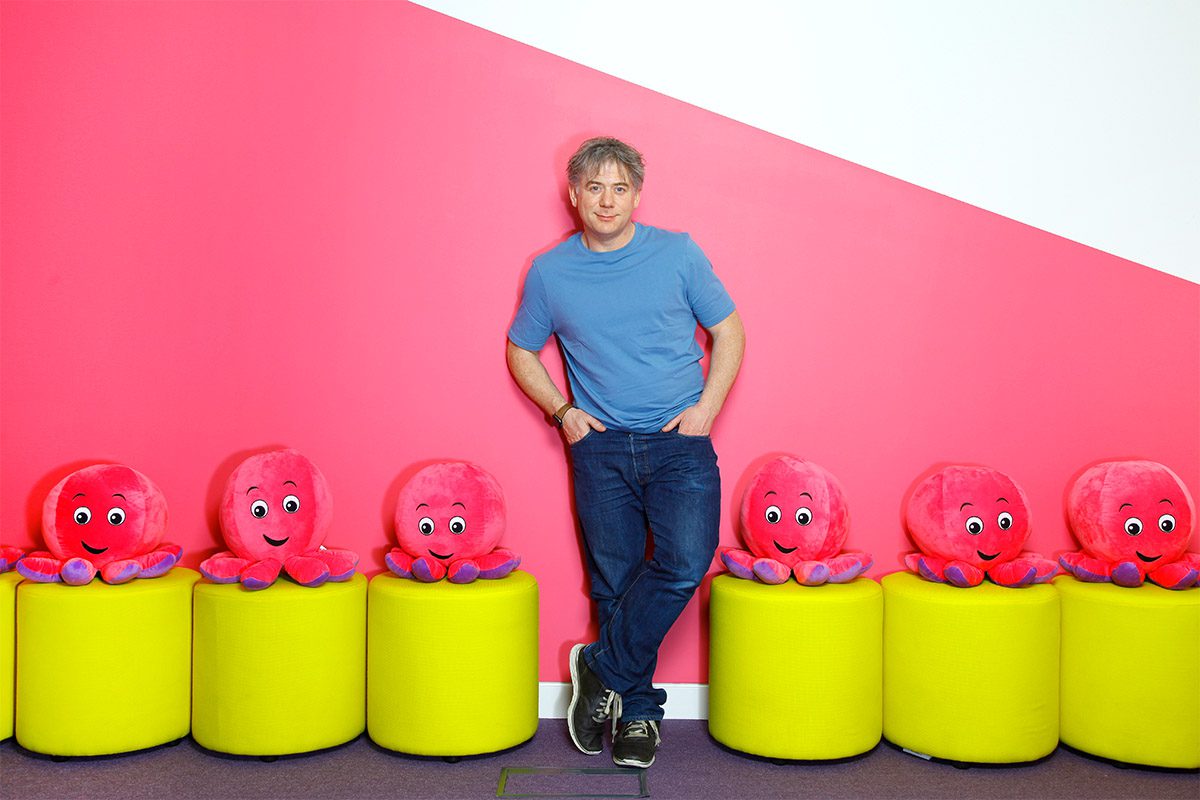
Greg Jackson, Founder and CEO of Octopus Energy Group
LUX: How can policy speed up the mass uptake of renewable energy?
GJ: Historically, the creation, testing and licensing of a vaccine took around 15 years. With Covid, we managed to get the 15-year process of developing a vaccine down to one year. We need to do the same with wind energy. Due to planning approvals and grid connections, it currently takes on average 5-7 years to build and connect a wind farm. This could be done in one year. Do that now and we will literally start seeing bills come down next winter.
Read more: Inside Konstantin Sidorov’s London Technology Club
LUX: What role can renewable energy procurements play in corporations’ broader net zero goals?
GJ: Through our Renewables investment arm, we sign a number of agreements with large energy users to switch to green energy. Those making the choice to go green are taking massive steps forward for decarbonisation agendas across Europe – they are the trailblazers of their industries, and soon the rest will follow their lead.
Greg Jackson is founder and CEO of Octopus Energy Group
Find out more: octopusenergy.group


